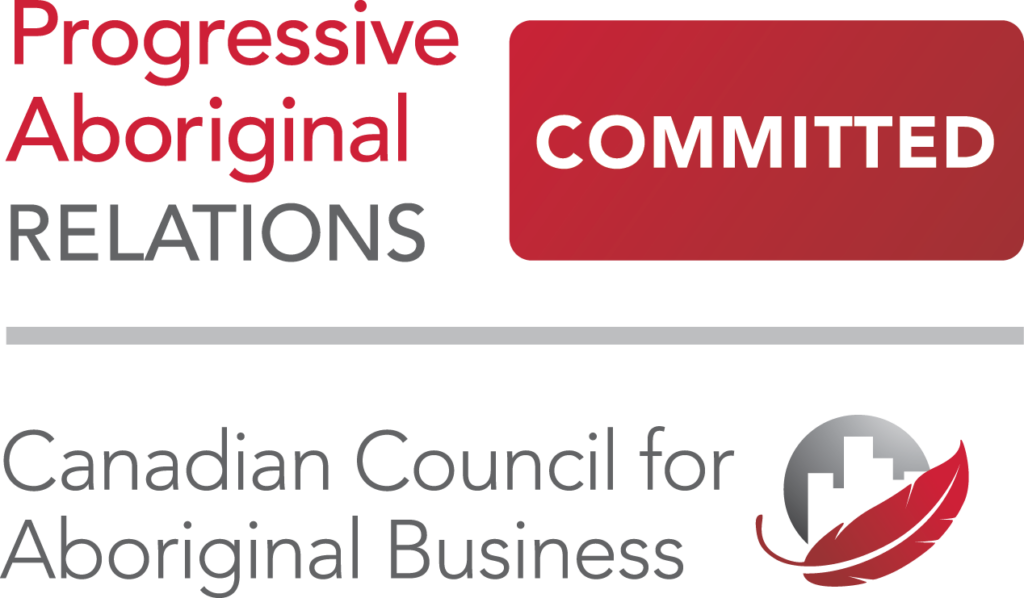In a surprising turn of events, Google has announced it will no longer pursue its long-standing goal of eliminating third-party cookies in Chrome. Instead, the tech giant will introduce a new system that allows users to manage their privacy preferences with a one-time prompt across Google’s browsing experiences—because, apparently, even Google knows that cookies are hard to resist.
Background on Third-Party Cookies
Third-party cookies have been essential in affiliate marketing, enabling affiliate marketers to track ad conversions. However, these cookies have been criticized for their lack of user consent and privacy concerns. Other browsers, such as Mozilla Firefox and Safari, have already blocked third-party cookies to enhance user privacy. Google’s Chrome, commanding over 90% of the search market, had promised to phase out these cookies by 2022 but has repeatedly extended the timeline due to industry readiness and regulatory concerns.
The New Approach
Privacy Sandbox: A Mixed Bag
Industry Reactions
Moving Forward
Google’s revised plan aims to balance user privacy with advertising effectiveness, addressing both regulatory and industry concerns. The new user privacy controls in Chrome are designed to give users more control over their data while maintaining ad performance.
As Google continues to refine its Privacy Sandbox technologies and collaborate with regulators, it’s clear that the digital advertising landscape will continue to evolve. Publishers and advertisers should focus on first-party data and directly engage with their audience to adapt to these shifts.
Conclusion
Google’s decision to keep third-party cookies while introducing enhanced privacy controls marks a big shift in strategy. By emphasizing user choice and continuing to develop the Privacy Sandbox, Google aims to navigate the tricky landscape of privacy and advertising. The industry will need to adapt, leveraging first-party data and new technologies to stay effective. After all, in digital advertising and affiliate marketing, staying ahead means keeping your cookies—and your strategies—crisp and fresh!
If you would like to know more about third-party cookies and how to keep your program successful, talk to an expert today!













